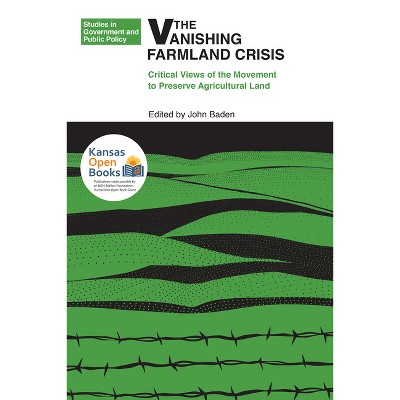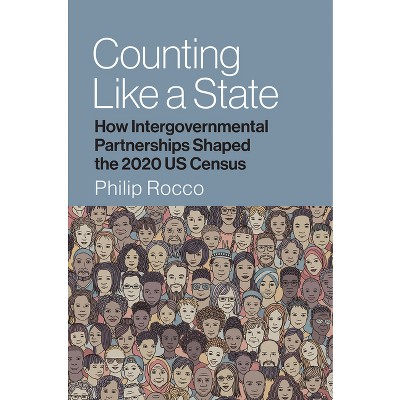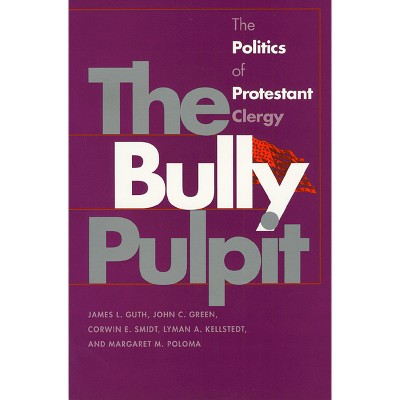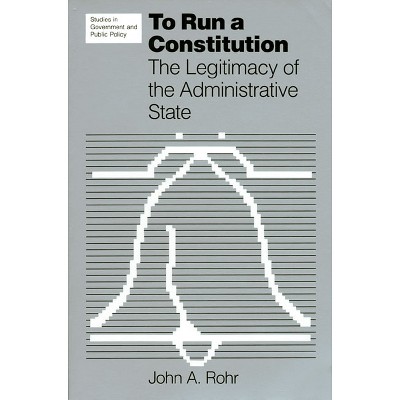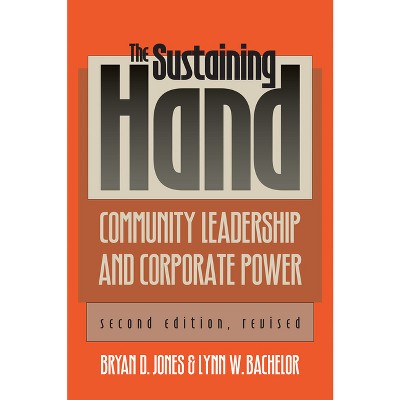Sponsored

Challenging the Growth Machine - (Studies in Government and Public Policy) by Barbara Ferman (Paperback)
In Stock
Sponsored
About this item
Highlights
- Economic development and urban growth are the contested grounds of urban politics.
- Author(s): Barbara Ferman
- 208 Pages
- Political Science, Public Policy
- Series Name: Studies in Government and Public Policy
Description
Book Synopsis
Economic development and urban growth are the contested grounds of urban politics. Business elites and politicians tend to forge "pro-growth" coalitions centered around downtown development while progressive and neighborhood activists counter with a more balanced approach that features a strong neighborhood component. Urban politics is often shaped by this conflict, which has intellectual as well as practical dimensions. In some cities, neighborhood interests have triumphed; in others, the pro-growth agenda has prevailed. In this illuminating comparative study, Barbara Ferman demonstrates why neighborhood challenges to pro-growth politics were much more successful in Pittsburgh than they were in Chicago. Operating largely in the civic arena, Pittsburgh's neighborhood groups encountered a political culture and institutional structure conducive to empowering neighborhood progressivism in housing and economic development policymaking. In contrast, the pro-growth agenda in Chicago was challenged in the electoral arena, which was dominated by machine, ward-based politicians who regarded any independent neighborhood organizing as a threat. Consequently, neighborhood demands for policymaking input were usually thwarted. Besides revealing why the development policies of two important American cities diverged, Ferman's unique comparative approach to this issue significantly expands the scope of urban analysis. Among other things, it provides the first serious study to incorporate the civic sector--neighborhood politics--as an important component of urban regimes. Ferman also emphasizes institutional and cultural factors--often ignored or relegated to residual roles in other studies--and expounds on their influence in shaping local politics and policy. To add an analytical and normative dimension to urban analysis, she focuses on the "non-elite" actors, not just the economic and political elites who compose governing coalitions. Ultimately, Ferman takes a more holistic and balanced view of large cities than is typical for urban studies as she argues that neighborhoods are an important, integral part of what cities are and can be. For that reason especially, her work will have a profound impact upon our understanding of urban politics.Review Quotes
"A good example of how comparative urban politics should be done. For all who would like to see neighborhood groups achieve more power and progressive politics succeed, it is essential. this is an important addition to the study of urban politics."--Perspectives on Political Science
"An impressive comparative study."--Urban Affairs Review
"A major theoretical contribution. The concept of arenas will reshape how we think about city politics. Definitely a path breaker."--Clarence Stone, author of Regime Politics: Governing Atlanta, 1946-1988
"Most snapshots of urban politics are taken from the 50th floor of a downtown skyscraper. Ferman views urban politics from the streets of the city's neighborhoods. The result is a vivid picture that opens up possibilities for the revival of progressive urban policy and the flowering of democratic civic action."--Todd Swanstrom, author of The Crisis of Growth Politics: Cleveland, Kucinich and the Challenge of Urban Populism
"Provocative, lively, and engaging. Ferman begins to fill in the skeletal structure and anatomy missing from many accounts of urban political life."--Richard DeLeon, author of Left Coast City: Progressive Politics in San Francisco, 1975-1991
"This fascinating study offers a powerful challenge to regime theory and its paradigm of urban policymaking."--Ester R. Fuchs, author of Mayors and Money: Fiscal Policy in New York and Chicago
"Insightful, clearly written, and theoretically astute. A major step forward in our understanding of neighborhood organizations and urban regimes."--Robert A. Beauregard, author of Voices of Decline: The Post-War Fate of U.S. Cities
"Ferman puts her case studies in a theoretical framework that moves beyond most current conceptions. One of the most valuable things I have read on the subject."--Pierre Clavel, author of The Progressive City: Planning and Participation, 1969-1984






